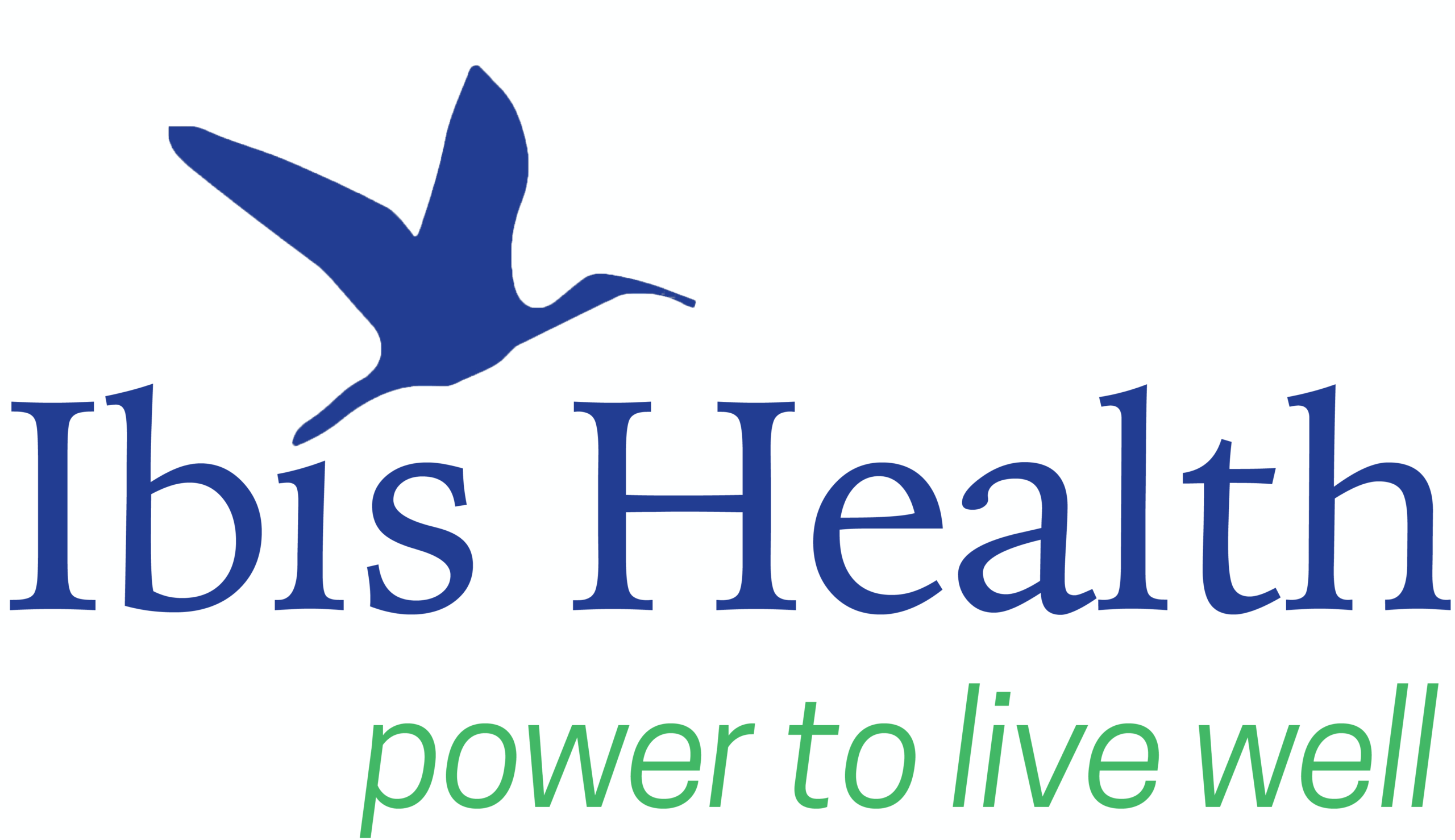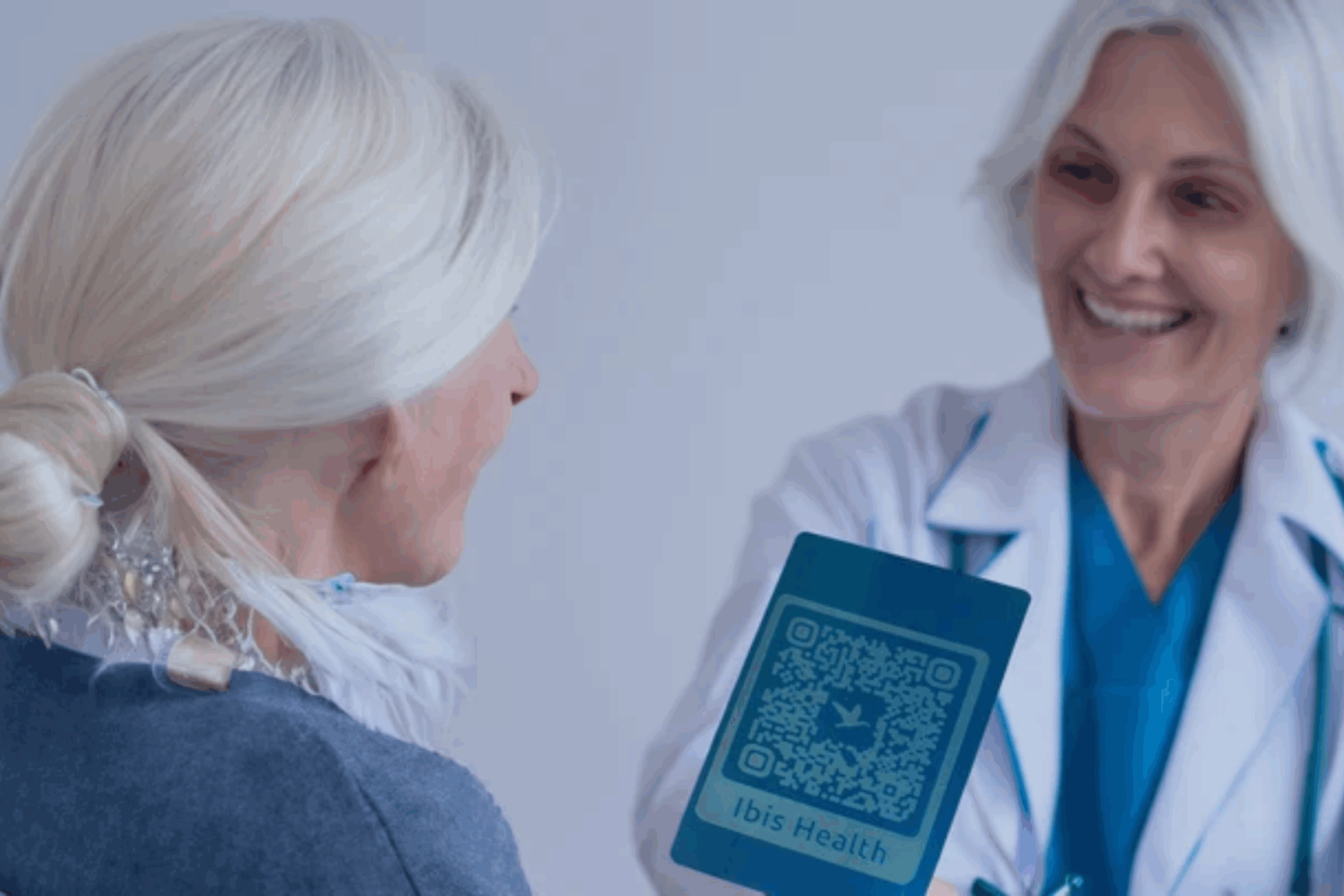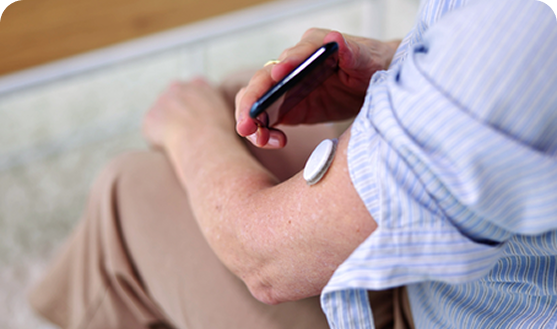Does your doctor need to know how your blood sugar levels are trending, or are you trying to stay on top of your weight or blood pressure? For Ibis Health members, access to that information is now as close as their wallet or the palm of their hands.
Ibis Health recently launched its newest innovation – the Ibis Passport. A plastic card the size of a credit card, the Ibis Passport allows members to access their self-reported health data on the go, creating an easy way for them to share it with medical providers or family.
The goal is to bridge the gaps between care that members receive in their doctor’s office and the efforts and work they are doing at home through the Ibis platform to help keep themselves healthy in between visits, said Dr. Karthik Ravindran, MD, Medical Director for Ibis Health and a board-certified internist who specializes in chronic care management.
“It’s an exciting way to help strengthen the connection between the care at home and the care in the clinic, and hopefully improve the experience that patients have with their providers out in the community,” Dr. Ravindran said. “The Ibis Passport is mobile, and it travels with the member.”
Featured in the Mass Retirees Voice, May 2024
“Ibis Passport is an exciting way to help strengthen the connection between the care at home and the care in the clinic, and hopefully improve the experience of patients and their providers alike,” Dr. Ravindran said. “The Ibis Passport is mobile, and it travels with the member.”
Each Ibis Passport contains a QR code that is unique to the member. A quick scan allows members or anyone else they choose to share it with access to reports that show their latest vitals, adherence to medications, exercise and other data, including graphs that display trends over time. The health data accessible through the QR code is completely secure, with end-to-end data encryption and no personal identifying information attached, to protect members’ privacy. Members can take the Ibis Passport to their appointments, allowing their medical providers to quickly see how they are doing and any progress they’ve made.
“In a 15-minute visit, physicians spend about 8-9 minutes just trying to gather information about what’s happened in the last six months or year, and this allows members to just hand the information to them,” Dr. Ravindran said. “This gives you more time with your provider to actually discuss your goals and any other concerns you have, because you are not spending time on data gathering.”
The Ibis Passport could also help providers make better informed decisions for patients by adding historical context to what they observe in the office, Dr. Ravindran said. For example, if a blood pressure reading in the office is high but data show a member’s readings at home have been great, the provider may be more inclined to ignore that single high reading and continue to monitor rather than jumping to a more invasive approach.
Ibis Health users have reported 94 percent satisfaction with the program and more than 20 percent decline in hospitalizations. Ibis services are covered by Medicare Part B.
For more information about Ibis Health, request a call with an Ibis Advisor.



